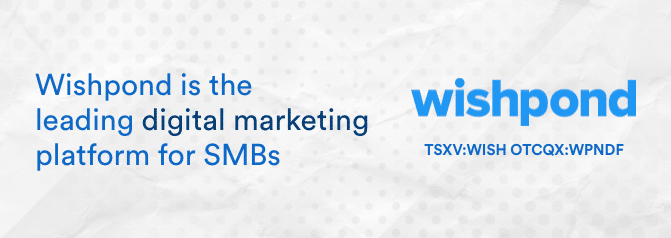
 Ottawa-based CogniVue, which licenses a visual data processing technology called APEX Image Processing Cognition, has partnered with NeoLAB Convergence to produce a smart pen, which they’re showing off at the Consumer Electronics Show in Las Vegas.
Ottawa-based CogniVue, which licenses a visual data processing technology called APEX Image Processing Cognition, has partnered with NeoLAB Convergence to produce a smart pen, which they’re showing off at the Consumer Electronics Show in Las Vegas.
The pen, called the NEO N2, has 256 points of pressure sensing, with 120 frame per second and 1,100 dot-per-inch image sensing performance, creating a digital image of note-taking, drawing and handwriting, which can then be synched with a device like a smartphone or tablet, or a platform like Evernote.
The pen switches on automatically when writing and off when not writing.
“CogniVue is excited to be part of such an innovative new product as the N2,” said CogniVue CEO Simon Morris. “These are the kinds of new product possibilities we envisioned enabling with our Image Cognition Processing technology and our APEX development tools and NeoLAB Convergence has done a great job in taking full advantage of the APEX potential.”
CogniVue has built a reputation for image processing in the automotive field, mainly for rear-view cameras, with advances made in terms of battery life and chip size.
The fact that CogniVue’s technology, in this case the CV2201 Image Cognition Processor, has found a novel application in an apparently unrelated device signals that the company’s strength relies not so much in developing products, but in licensing its technology to innovative partners.
As Morris told the Ottawa Business Journal recently, his strategy involves the development of a “parallel revenue stream where we license our software to our customers’ customers. We see that part of the business as potentially more lucrative.”
CogniVue was founded in 2010 after Morris sold his first company, Atsana Semiconductor which he founded in 1999, to South Korean semiconductor manufacturer Mtek Vision. CogniVue originally began as an R&D department within Mteck before being spun off as its own privately held company.
Leave a Reply
You must be logged in to post a comment.




 Share
Share Tweet
Tweet Share
Share




Comment